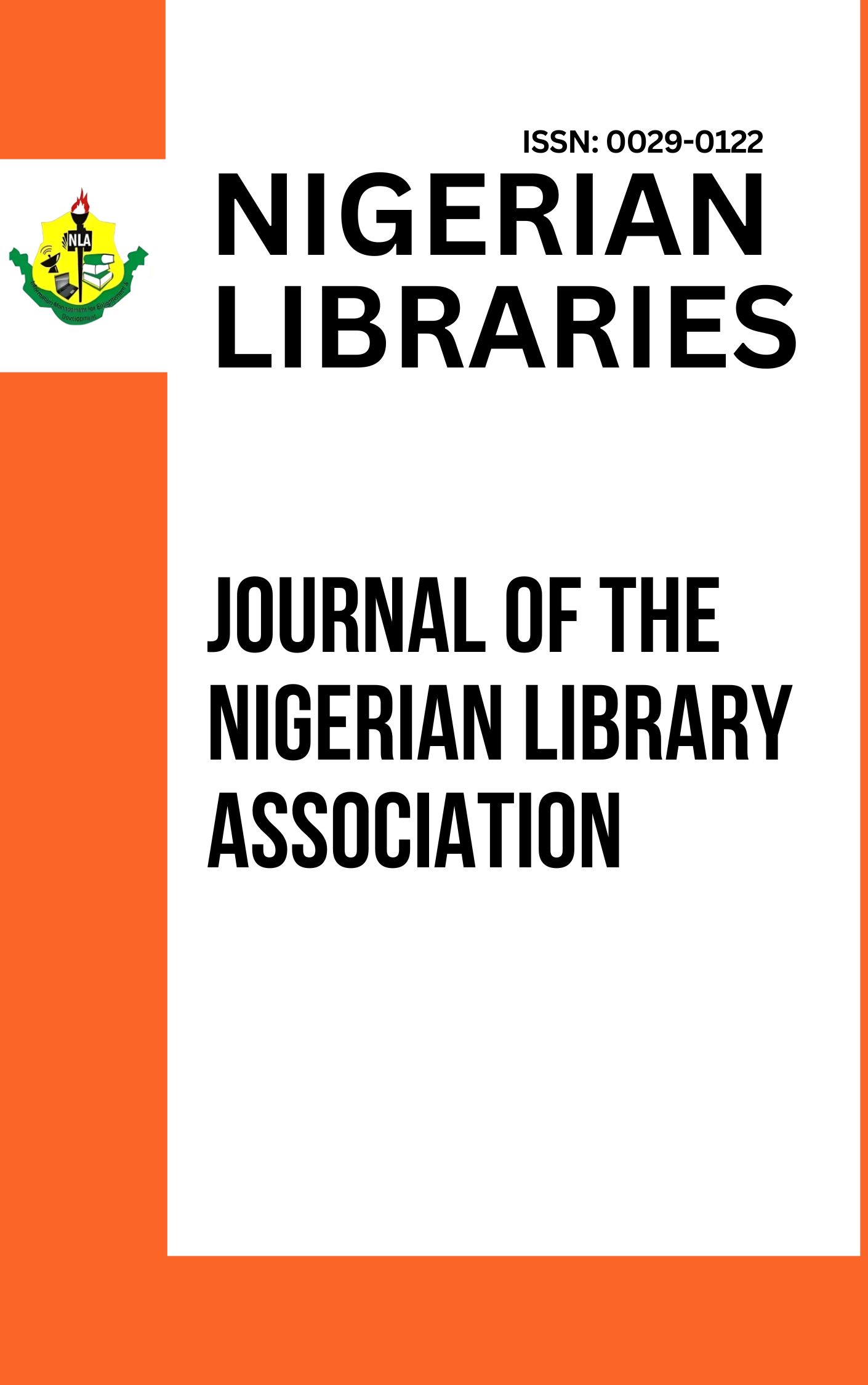Abstract
The paper examined user centric library collaboration in secondary school libraries in Kwara Central Senatorial zone, Nigeria. By means of stratified random sampling technique, ten secondary scools were chosen for the study. Moreover, ten staff and ten students were selected in each of the schools by means of stratified random sampling technique. Hence, a total of two hundred (200) research subjects were selected for the study. The data collection instrument used was a structured questionnare.The validity and reliability of the instrument were carried out, and the statistical tool employed for analysing the data was the chi-square. The study found out that, the reading materials were grossly inadequate in the school libraries; there were virtually no e-library facilities in the schools; and that poor maintenance culture characterized the school libraries. Specifically, there was no significant difference in the responses of the staff and students with regard to: inadequacy of modern reading materials; non-existence of e-library system; and poor maintenance of the school libraries. It was recommended that the government should provude, at least, 25% of its annual budget to education, and that a good proportion of the budget on education should be spent on school libraries. It was also recommended that all stakeholders in education, i.e. government, parents, teachers, communities, religious organizations, Old Students Associations and philanthropists should contribute to the development of school libraries in the Senatorial zone.



 National Library of Nigeria
National Library of Nigeria.jpg) Association of Nigerian Authors
Association of Nigerian Authors Nigerian Library Association
Nigerian Library Association EagleScan
EagleScan Crossref
Crossref